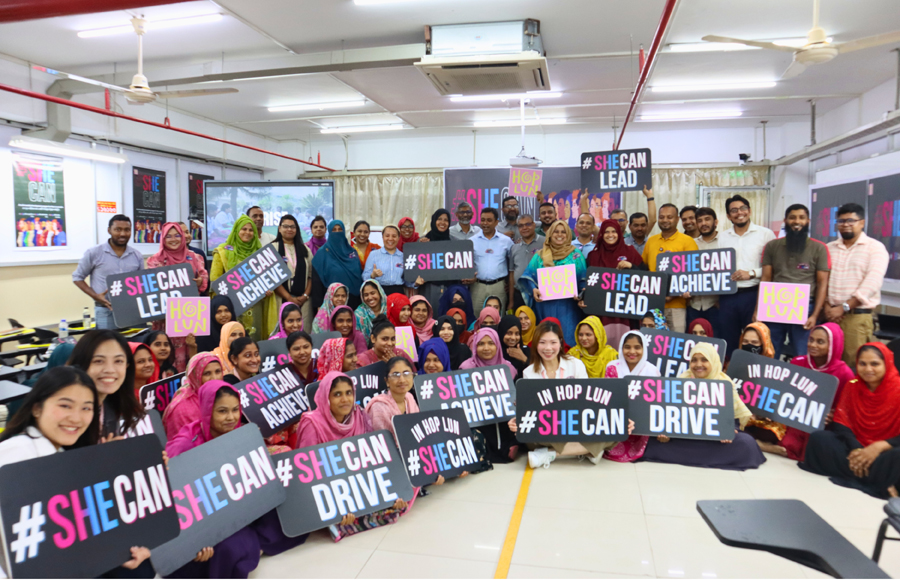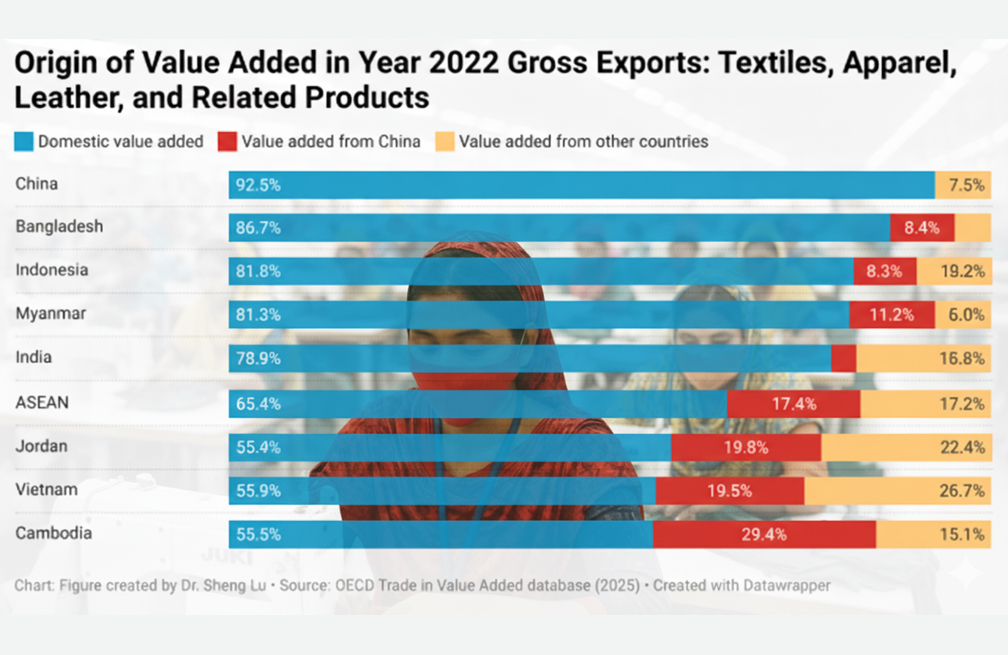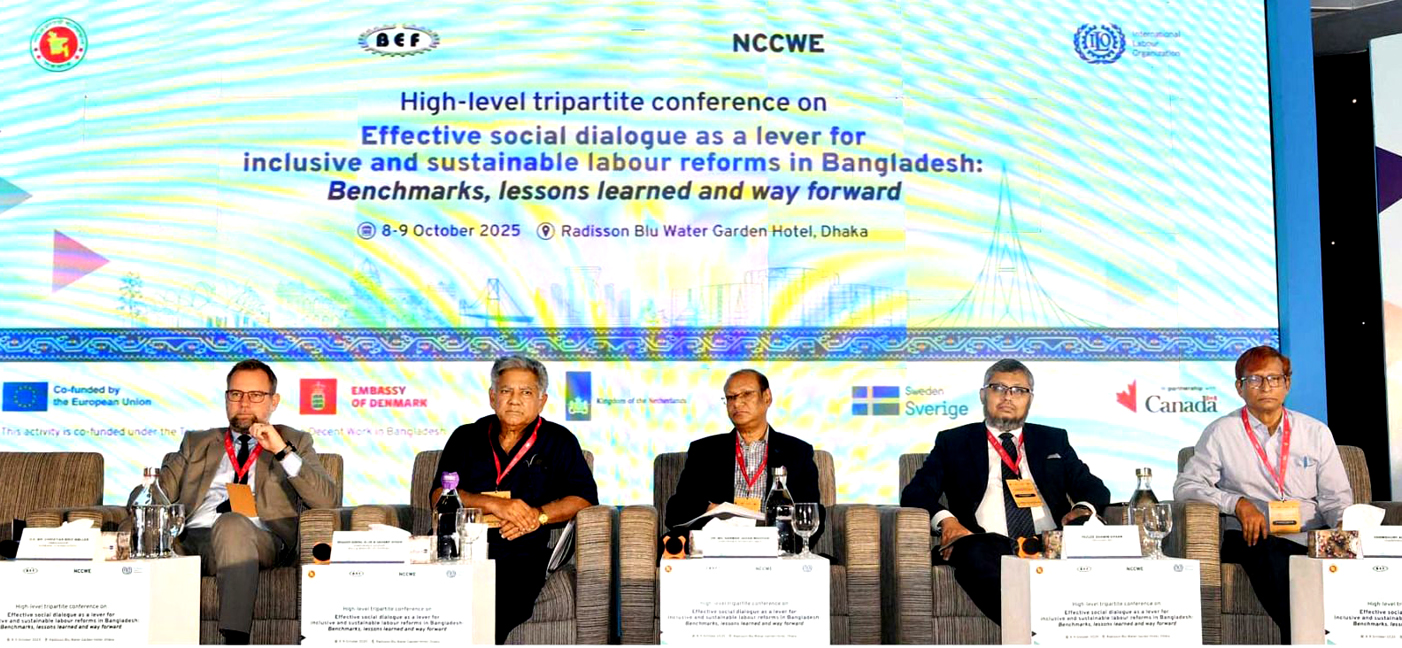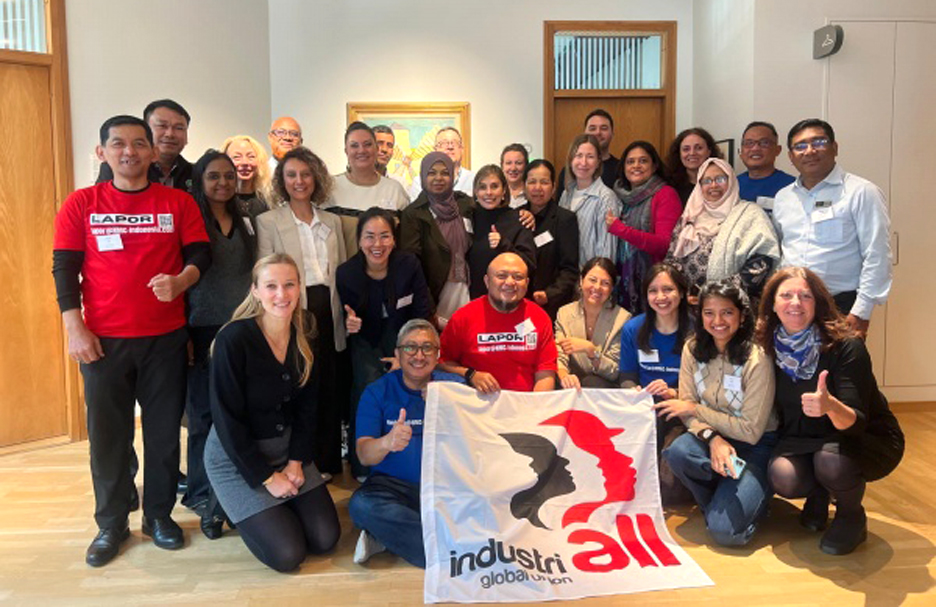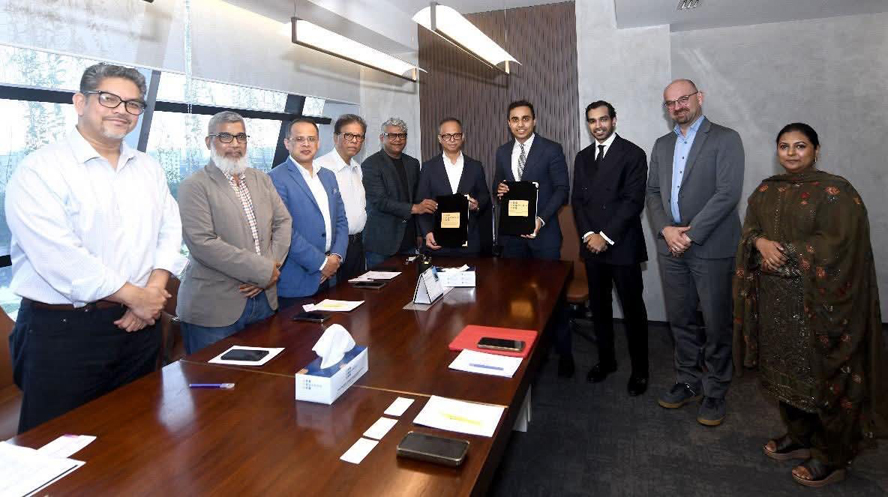The government has withdrawn cases against 48,000 workers previously filed by factory owners, labour and employment adviser M Sakhawat Hossain said at a discussion on Thursday.
He said the move was part of broader reforms that included amendments to labour laws and stricter enforcement against non-compliant employers.
The Centre for Governance Studies (CGS) organised the discussion, moderated by its president Zillur Rahman, on ‘Democratic Reconstruction of Labour Rights’ at the CIRDAP Auditorium.
The adviser said that the government approved three key demands related to workers’ health, protection from harassment, and safety.
Stakeholders at the discussion urged stronger implementation of existing laws and better protection for informal sector workers.
Sakhawat Hossain said employers cannot blacklist any worker, adding that if someone needs to be blacklisted, the employer must report it to the Ministry.
It will take time for factories and industries to meet the required standards, he said, adding, ‘Our biggest challenge is how to bring informal sector workers under our policy framework.’
He further said the government has taken strict action against many unscrupulous employers, confiscated their passports, and seized their homes — ‘no other government could have done this because, in the past, ministers themselves were factory owners.’
Leathergoods and Footwear Manufacturers and Exporters Association of Bangladesh president Syed Nasim Manzur said there have been remarkable improvements in sectors that are highly monitored, but small and medium enterprises that are not under such monitoring still lag behind.
He pointed out that most capital comes from medium-sized factories, yet they receive limited support from banks.
To address inflation, the government has increased interest rates, but this is not a complete solution, as running a business with 13 per cent interest rates is difficult.
Emphasising the need for a shift in mindset, he said there is no need to create new laws — ‘We simply need to enforce the ones we already have.’
At present, Bangladesh has 2.6 million unemployed people, many of whom are graduates, while factories are struggling to find educated workers, as many are working elsewhere for even lower wages, he opined.
Centre for Policy Dialogue executive director Fahmida Khatun said Bangladesh’s economy is connected to the global economy, and to enhance this connectivity, the country needs to boost its export competitiveness, follow international standards, and ensure labour rights.
‘The progress we make is quickly outpaced by other countries. In terms of global competition, there are challenges such as rising US tariffs and domestic limitations in raw materials and services,’ she noted.
Fahmida stressed the need for competitive wages and for enhancing capabilities and efforts to diversify and expand exports.
She said more than 85 per cent of the labour force works in the informal sector, which results in low income and no job security. The government has a responsibility towards workers, and empowering them can lead to economic development.
Fahmida said that human resource development was also a form of investment, stressing the need to strengthen the social safety net and ensure equal opportunities in health and education for all.
She said that although creating a social safety net was costly, failing to invest in it would cause even greater long-term damage to the country.
Bangladesh Institute of Labour Studies executive director Syed Sultan Uddin Ahmed stressed the need for establishing a democratic system institutionally so that workers can exercise their rights, including trade union activities and collective bargaining.
He further emphasised the need for national minimum standards for wages, job security, and social recognition.
Labour leaders and speakers called for the preparation of a workers’ database, formalising informal sector workers by bringing them under the purview of labour law and recognising them, setting a national minimum wage structure, and easing trade union registration and its functionality.
Awaj Foundation executive director Nazma Akter, Bangladesher Samajtantrik Shramik Front general secretary Razekuzzaman Ratan, Bangladesh Jatiotabadi Shramik Dal president Anwar Hossain, Bangladesh Sramik Kalyan Federation general secretary Atiqur Rahman, Bangladesh Garment Workers Trade Union Centre vice-president Joly Talukder, National Citizen’s Party Workers’ Wing chief coordinator Mazharul Islam Fakir, among others, spoke at the event.



